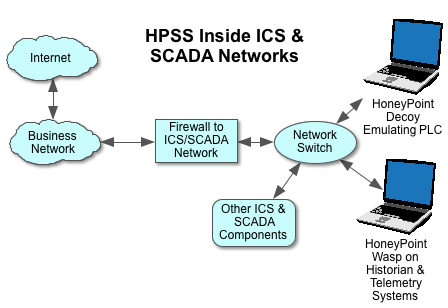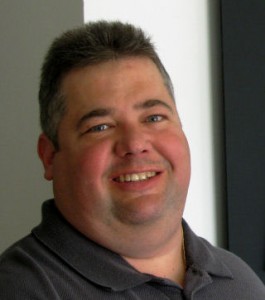
As we present at multiple smart grid and utility organizations, many folks seem to be focusing on the confidentiality, integrity, privacy and fraud components of smart grid systems.
Our lab is busily working with a variety of providers, component vendors and other folks doing security assessments, code review and penetration testing against a wide range of systems from the customer premise to the utility back office and everything in between. However, we consistently see many organizations under estimating the costs and impacts of disaster recovery, business continuity and other efforts involved in responding to issues when the smart grid is in play.
For example, when asked about smart meter components recently, one of our water concerns had completely ignored the susceptibility of these computer devices to water damage in a flood or high rain area. Seems simple, but even though the devices are used inside in-ground holes in neighborhoods, the idea of what happens when they are exposed to water had never been discussed. The vendor made a claim that the devices were “water resistant”, but that is much different than “water proof”. Filling a tub with water and submerging a device quickly demonstrated that the casing allowed a large volume of water into the device and that when power was applied, the device simply shorted in what we can only describe as “an interesting display”.
The problem with this is simple. Sometimes areas where this technology is eventually intended to be deployed will experience floods. When that happens, the smart meter and other computational devices may have to be replaced en masse. If that happens, there is a large cost to be considered, there are issues with labor force availability/safety/training and there are certainly potential issues with vendor supply capabilities in the event of something large scale (like Hurricane Katrina in New Orleans).
Many of the organizations we have talked to simply have not begun the process of adjusting their risk assessments, disaster plans and the like for these types of operational requirements, even as smart grid devices begin to proliferate across the US and global infrastructures.
There are a number of other examples ranging from petty theft (computer components have after market value & large scale theft of components is probable in many cases) to outright century events like hurricanes, floods, earthquakes and tornados. The bottom line is this – smart grid components introduce a whole new layer of complexity to utilities and the infrastructure. Now is the time for organizations considering or already using them to get their heads and business processes wrapped around them in today’s deployments and those likely to emerge in the tomorrows to come.







